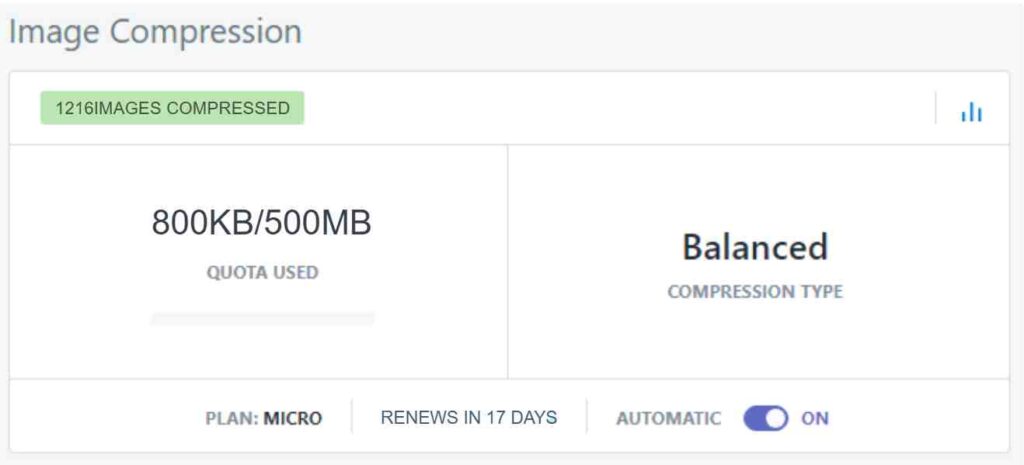Image File Size Optimization
Explanation & Implementation Guide
Explanation
A fast and seamless user experience is essential in e-commerce, and image file size optimization is a key factor in achieving that. Unoptimized images on your Shopify store can result in slower loading times, negatively affecting user experience and SEO. Large image files increase page load times, and in the competitive e-commerce landscape, users are likely to abandon slow-loading sites. This can harm your search engine rankings since search engines prioritize fast-loading websites that offer a better user experience.
Implementation Guide
Google’s PageSpeed Insights
- Use Google’s PageSpeed Insights tool to analyze your website’s performance. The tool will offer suggestions for image optimization.

Shopify Apps
- Explore Shopify apps like “TinyIMG SEO & Image Optimizer,” “Image Optimizer ‑ SEO Image,” or “Crush Pics” to automatically compress and optimize images.

Online Tools
- Use online tools such as TinyPNG (https://tinypng.com/) to compress images before uploading them to your Shopify store.
Fixing the Issue
Using Shopify Apps
- Install and activate apps like “TinyIMG SEO & Image Optimizer,” “Image Optimizer ‑ SEO Image,” or “Crush Pics” from the Shopify App Store.

- Configure the app settings based on your preferences, such as selecting the desired compression level or optimization method.
- Once set up, these apps will automatically optimize the images on your Shopify store, reducing file sizes without compromising quality.

Manual Optimization
- For more control over the optimization process, manually compress images before uploading them to your store.
- Use tools like TinyPNG to compress images by uploading them to the platform. The images will be compressed while maintaining visual quality.
- Replace the original images on your Shopify store with the optimized versions after compression.

Regular Maintenance
- Regularly monitor your website’s performance using tools like Google’s PageSpeed Insights or Shopify’s built-in performance analytics.
- Ensure any new images added or existing ones updated are optimized to maintain fast loading times and an optimal user experience.
No comments to show.

Leave a Reply